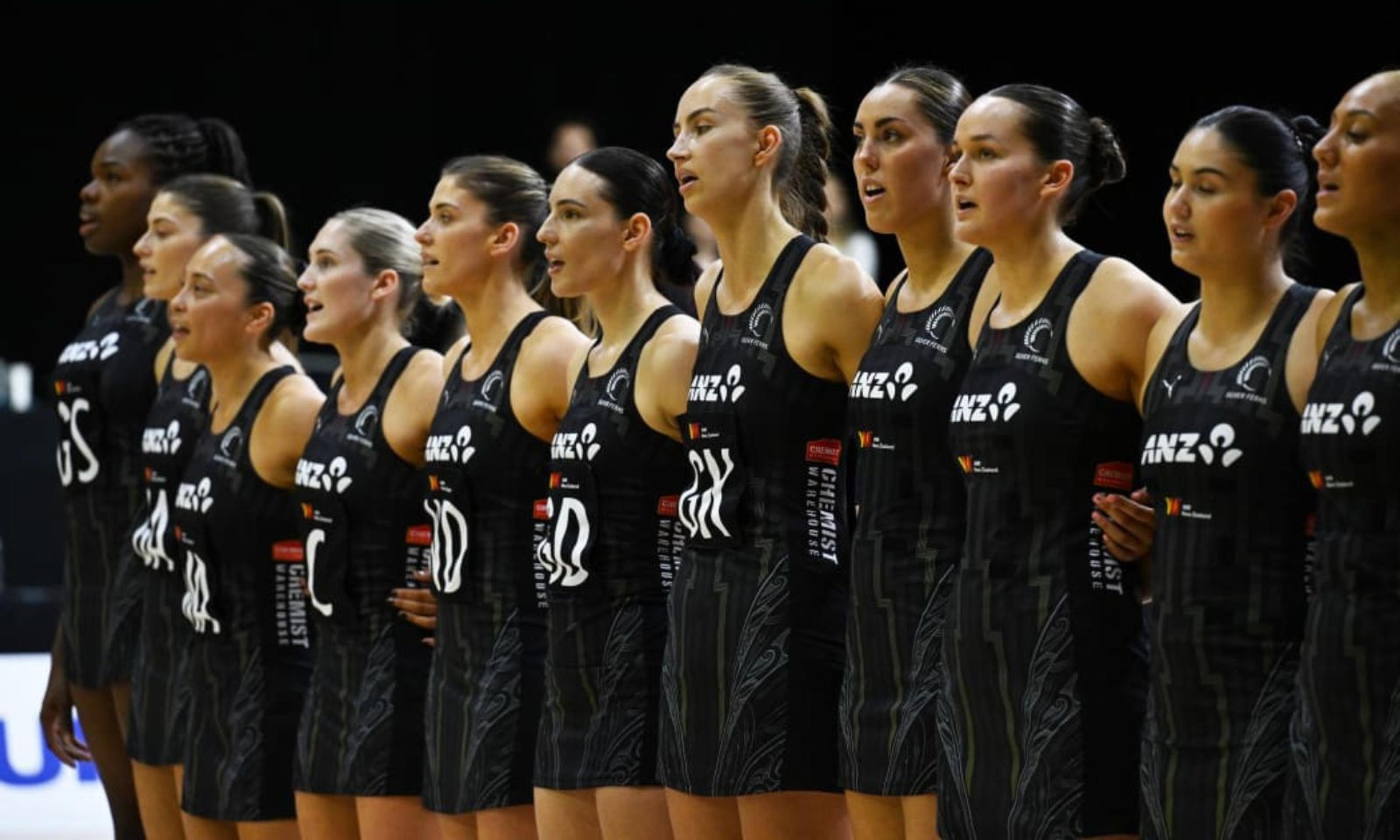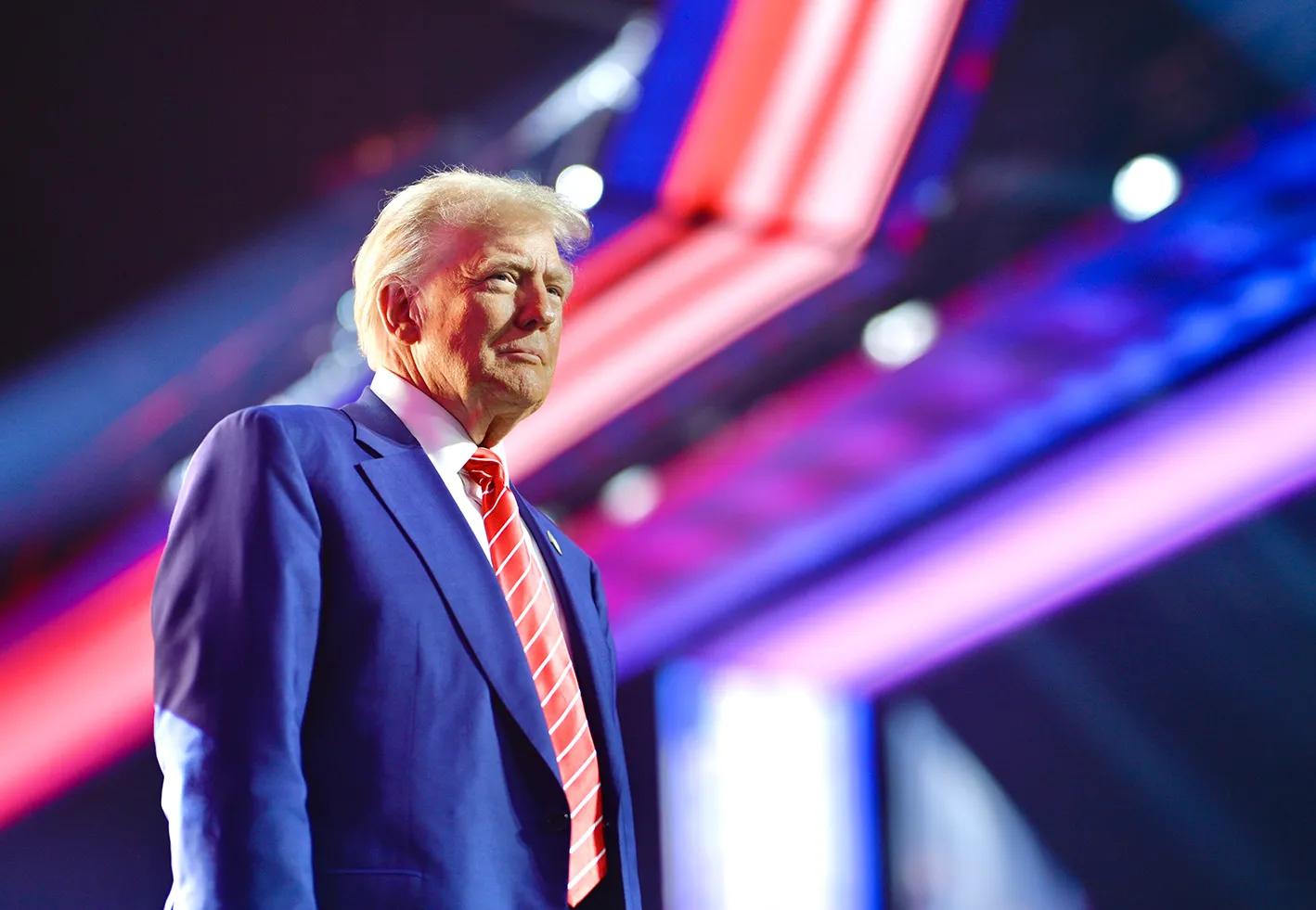

The 2021 census showed that 337,000 people identified as having Pacific heritage in Australia.
Photo/Wikipedia
Australia's election: Voter frustration, climate crisis, and the Pacific's rising concerns
Australia is poised for a pivotal moment as close to 18 million voters, along with over 300,000 Pacific Islanders, prepare to go to the polls amid pressing issues like rising living costs and foreign policy.




Fiji’s former Prime Minister and police chief charged with inciting mutiny

Immigration reassesses toddler's declined visa request as Children's Commissioner steps in


US funding cuts threaten to 'dry up' future of Pacific scientists - expert


Fiji’s former Prime Minister and police chief charged with inciting mutiny

Immigration reassesses toddler's declined visa request as Children's Commissioner steps in
Close to 18 million Australians will vote in the upcoming election in early May, including more than 300,000 Pacific Islanders, who make up 1.3 per cent of the population.
The federal budget, unveiled by Treasurer Jim Chalmers last week, includes measures aimed at families and businesses, notably tax cuts totalling A$17 billion (NZ$18.56b). Some view these cuts as an electoral incentive for the ruling Labor Party.
Despite the opposition’s criticism of his spending, Chalmers addressed journalists in the budget lock-up, saying, "One of the things that makes me really optimistic about our country is that we've made some pretty remarkable progress in the last few years.”
In 2025-26, Australia will deliver a record A$2.157 billion (NZ$2.35b) in Official Development Assistance (ODA) to the Pacific, reaffirming its position as the region's largest and most comprehensive development partner.
Jope Tarai, a Pacific political analyst, says the rising cost of living is a significant concern for Australians, leading to frustration among the populace.
Speaking to William Terite on Pacific Mornings from Canberra, Tarai notes that the Labor Party is trying to appeal to the working class while facing challenges from the Coalition, especially in areas such as border protection and international relations.
Tarai says Opposition leader Peter Dutton has previously had favourable polling due to his appeal to conservative voters. At the same time, Prime Minister Anthony Albanese aims to focus on healthcare and cost-of-living issues.
Recent polls suggest Labor may gain momentum as the election approaches, but Tarai says the outcome remains uncertain.
“Labor has tried to put in place measures, and having to create more sustainable energy costs and consumption, in line with its commitments, not only towards the region, but also towards its global commitments, has put pressure as well, not to mention, the cost of housing, and various other issues,” he says.

Jope Tarai says recent government measures, including tax cuts, aimed at addressing rising living costs, could significantly influence the election. Photo/File
"They were sort of struggling to try and convince voters, or at least hold attention for the Australian public. The coalition was quite feisty, and were dominating the discourse, especially in poking holes at what Labor had failed in, which more or less was about protecting borders, promoting national interests, and of course, asserting a relationship with [Donald] Trump, which has become a dominating factor for certain middle powers.”
Climate change: A pressing challenge for Pacific communities
Climate change is a critical concern for Pacific Island communities, many of whom feel that Australia’s actions contradict its claims of supporting Pacific nations. This issue may influence voter behaviour.
Tarai says that immigration and the Pacific Engagement Visa (PEV) are also crucial concerns for the Pacific diaspora. The visa has become an important pathway for Pacific Islanders to migrate to Australia in search of better economic opportunities.
“For the Pacific, climate change is a priority and something that is a life or death situation, especially for the smaller island states or larger ocean states, as we like to refer to them.
"But from within the Pacific diaspora, one of the interesting things that has emerged, especially in the last couple of years, is the engagement visas. This aspect of immigration ties into immigration for the Australian political landscape.
"The Pacific engagement visa has been something that has captured not only the imagination but the conversations of Pacific Islanders moving across, largely because it is seen as one of the easiest pathways into Australia to earn a better living and send money back home."

Villagers in Kiribati, which the World Bank says should be allowed to work and permanently settle in Australia and New Zealand. Photo/Jonas Gratzer
Pacific climate activists are collaborating with diaspora communities in Australia to raise voter awareness and highlight climate demands. Last month, 350.org Pacific launched its “Pawa to the Ballot” campaign in Western Sydney, where nearly 20 per cent of Australia’s Pacific Island population resides.
Pawa to the Ballot campaign
With the recent Tropical Cyclone Alfred impacting south-east Queensland and northern New South Wales, young Pacific Islanders believe that people should be prepared to cast informed votes in light of the increasing climate disasters.
Jacynta Fa’amau, a campaigner with 350.org Pacific, says, “There is a privilege and a responsibility that comes with being a Pacific Islander living in Australia.
"I am a child of the islands living in a land of constant fossil fuel extraction. We are continually reminded of the power our vote holds in determining which government acts as a neighbor to our islands.
"The Pawa to the Ballot campaign aims to ensure that not only do Pacific Islander diasporas cast their votes in Australia, but they do so fully informed.”
Last year, the Pacific Climate Warriors staged a protest on the lawns of the Australian Parliament, demanding that the federal government reconsiders its gas expansion strategy in favour of accelerating renewable energy development.

Australian Prime Minister Anthony Albanese, front second from left, with other Pacific Islands Forum leaders and Tongan Royal Princess Angelika Lātūfuipeka Halaevalu Mataʻaho Napua-o-kalani Tukuʻaho following the forum leaders' summit in Nuku'alofa in August 2024. Photo/PMN Digital/Joseph Safiti
In May's federal election, climate advocates say they will continue to call for a transition to renewable energy, with safeguards in place to ensure all communities are protected.
US foreign aid cuts and their impact on the Pacific
The United States announced it would cut US$54 billion (NZ$92.73b) from its overseas development and foreign aid budgets, slashing about 92 per cent of its multi-year contracts with other nations, including those in the Pacific.
In response, Australia is preparing to fill the funding gap, addressing the Pacific's most pressing needs as President Trump cuts the US foreign aid budget.
This includes crucial support for food, climate initiatives, and medical programmes in the Pacific, which have been left in limbo after Trump announced a 90-day freeze on aid last month as part of his "America First" agenda.
Australia has started auditing which Pacific programmes are most at risk due to the shortfall, with a longer-term goal of taking on some of the financial burden.
Senior Foreign Affairs official Jamie Isbister told a government hearing this week that Australia is considering how it could step up its support.
"It is not a one-stop review and done. The situation is fluid; we have to look at how we adapt our programmes in response to that."

The Australian Parliament in Canberra. Photo/Australia Parliament
Political ramifications for Australian leadership
Tarai says that in Australian domestic politics, the situation has become a pivotal point for which of the two leaders - Anthony Albanese or Dutton - can effectively engage with Trump.
But he says both candidates face challenges in navigating Trump's sensitivities and do not want to upset him or say anything that might be perceived as too harsh, which could lead to problems if they win the election.
“In terms of the Pacific, as far as Trump is concerned, the issue is about geopolitics because of the withdrawal of the development aid, as you know, the DOJ [department of justice] has come into effect in so far as Trump's administration is concerned, that has meant that particular development programmes across the region are left basically unfunded.
“That's created a vacuum, and that becomes a geopolitical concern for Australia. In terms of political issues and campaigning, it features heavily in foreign policy.
"Its positioning towards China or its escalation of a sense of security against China, moving into those gaps created by the withdrawal of that development assistance from the Americans. So it's going to be interesting to see how that might play out.”
Overall, Tarai says that many Pacific Islanders feel disconnected from Australian politics, often finding it complex and not representative of their interests.
The geopolitical vacuum created by US aid withdrawal

In 2022, Manasseh Sogavare, then Solomon Islands Prime Minister, signed a security pact with China. Photo/Office of the President, Taiwan
He says the Solomon Islands' security agreement with China highlights the limited attention given to Pacific issues in Australian election campaigns.
“In 2022, the only closest Pacific Islands issue that became a campaign issue was when the Solomon Islands signed a security arrangement with China. That featured prominently in the conversations. I remember that it was consistently played on television.
“Apart from that, it's more or less about issues around labour mobility. But for those that have settled early, it's definitely about the cost of living as well.”
On who can manage the relationship with the US in terms of tariffs and diplomacy, Tarai says security, defence, and foreign affairs officials are also struggling with this issue.
He says Albanese has a “very sharp team”, led by Foreign Minister Senator Penny Wong, who has successfully managed Australia’s diplomatic relationships so far.
But he adds that Trump's administration presents a different dynamic. Supporters of the coalition argue that it would be better for Dutton to handle these responsibilities, while others, such as former Australian Prime Minister Malcolm Turnbull, suggest that maintaining firm positions is key.

US President Donald Trump. Photo/The White House
Economic balancing act: Australia, China, and the auto industry
In the long run, Tarai believes that Minister Wong and the Albanese administration have shown stability in their diplomatic efforts, avoiding unnecessary offence or not succumbing to the demands of the Trump administration.
Given the current geopolitical landscape, which is unfavourable for Australia, the government is being cautious about their security in the Pacific region.
"They are very cautious about their geostrategic interests and defence, given that the Pacific is very close geographically and geopolitically to their own sense of security. In that regard, I think the Labour administration has been working quite well so far.”
Tarai says Trump’s tariffs target cars associated with businessman Elon Musk, adding that the Australian car-making industry is not as robust as it once was, “so it doesn't affect them as much.
“The official competitor of Elon Musk's Tesla is BYD. There are BYD cars all over Australia. And so, the economic interest in China is a fine balance that I think the Labor administration has been able to achieve quite successfully.
“But it's going to depend on how things pan out in the next couple of weeks, and of course, the way in which Trump sees the US in the world.”
Watch Jope Tarai's full interview below.